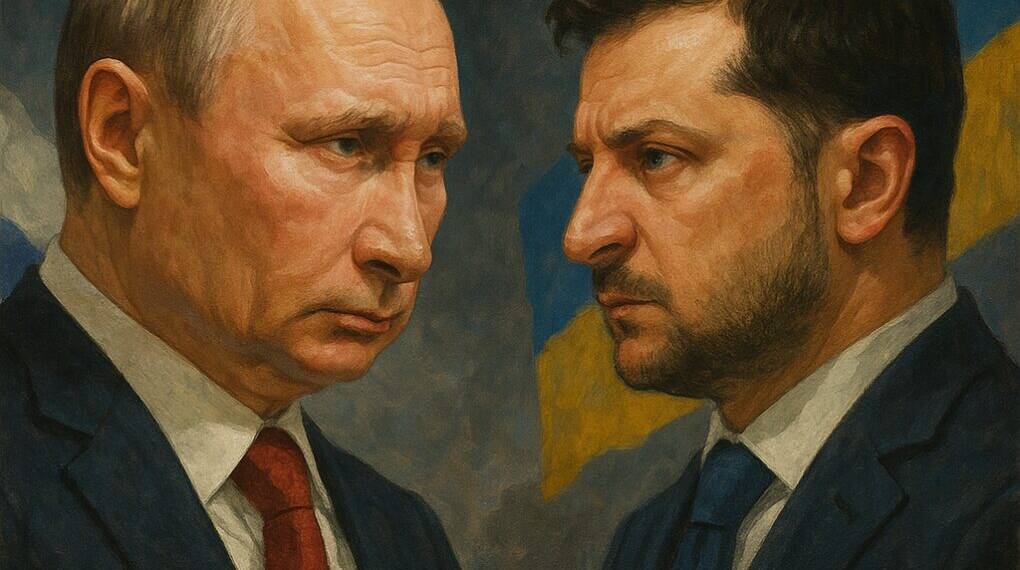In a move that has startled disarmament advocates and unsettled Western allies, Ukrainian President Volodymyr Zelenskyy has signed a decree to withdraw from the 1997 Ottawa Convention, the international treaty that prohibits the use, stockpiling, and transfer of anti-personnel landmines.
The decision, still pending parliamentary approval, marks a major policy shift for a country that has long positioned itself as a principled defender of international law in the face of Russian aggression. Critics say the move not only weakens Ukraine’s moral authority but also risks undermining the global norm against landmine use — a hard-fought achievement of post-Cold War diplomacy.
‘Wartime Realities’ Cited as Justification
Zelenskyy’s government defended the decision as a response to what it calls “wartime realities.” Ukrainian officials have argued that Russia’s extensive use of banned anti-personnel mines — including advanced models like the POM-3, which detonates via seismic sensor — has left them no choice but to reconsider limitations imposed by international law.
Roman Kostenko, a member of Ukraine’s parliament and a military veteran, stated that Ukraine must retain “every tool necessary for self-defense.” Government sources emphasize that Russia’s violations of international norms have left Ukraine exposed and without adequate means to protect its troops and civilians in contested zones.
But the move has ignited criticism across the international community, particularly from human rights organizations that had praised Ukraine for its prior commitment to the Ottawa Convention. “By leaving the treaty, Ukraine forfeits one of the clearest moral distinctions it had over its adversary,” said Mary Wareham, Arms Division director at Human Rights Watch. “It risks legitimizing the very practices it once condemned.”
Erosion of Moral High Ground
Since Russia’s full-scale invasion in 2022, Ukraine has received strong support from Western governments, human rights bodies, and civil society organizations. Much of that backing was built not only on strategic interests but also on Ukraine’s image as a democratic underdog resisting authoritarian aggression.
That image, some observers argue, is now at risk.
“Ukraine’s strength wasn’t just military — it was symbolic,” said Dr. Elias Perera, a political analyst at the Geneva Centre for Security Policy. “It had the world’s sympathy because it played by the rules. This move complicates that narrative.”
The decision comes at a particularly delicate time. Former U.S. President Donald Trump, who recently returned to office, has expressed an interest in brokering a ceasefire with Russia. Trump claimed in a press briefing last week that he had spoken directly with Russian President Vladimir Putin to “open a path to peace.” Ukraine’s landmine decision, however, may complicate those efforts and raise concerns in Washington and Brussels about Kyiv’s current direction.
Regional Domino Effect?
The implications may not stop with Ukraine. Lawmakers in several Eastern European NATO countries — including Poland, Lithuania, and Estonia — have reportedly begun informal discussions about revisiting their commitments to the Ottawa Convention. While none have made formal moves, Ukraine’s withdrawal may embolden others facing heightened security threats.
“This could unravel decades of progress in humanitarian disarmament,” warned Beatrix Anders, a spokesperson for the International Campaign to Ban Landmines. “The danger is not just tactical. It’s political and symbolic. If countries start walking away from these agreements, they stop meaning anything.”
Global Reaction and Next Steps
International reaction has been swift. France and Germany issued joint statements urging Ukraine to reconsider, while the United Nations disarmament office expressed “deep concern.” Zelenskyy’s office has not indicated whether the withdrawal is permanent or subject to battlefield conditions.
Ukraine signed the Ottawa Treaty in 2005 and has previously destroyed thousands of landmines under its terms. Rescinding that commitment would legally allow Kyiv to resume production and deployment, though it is unclear whether such efforts are already underway.
The Ukrainian parliament must still ratify the withdrawal for it to take effect, and the outcome is not guaranteed. Several MPs, including some within Zelenskyy’s party, have expressed reservations.
Strategy or Desperation?
For a country fighting a brutal war of survival, Ukraine’s decision is understandable in narrow military terms. But the broader consequences may be far-reaching — ethically, diplomatically, and strategically.
In a conflict where narrative has often mattered as much as firepower, Ukraine’s withdrawal from a landmark disarmament treaty may blur the moral line it has drawn between itself and Russia. Whether the move strengthens Ukraine’s battlefield position or weakens its global standing remains to be seen.
One thing is clear: as diplomacy flickers back to life, Kyiv’s decision to embrace banned weaponry has added new complexity — and controversy — to the path ahead.








